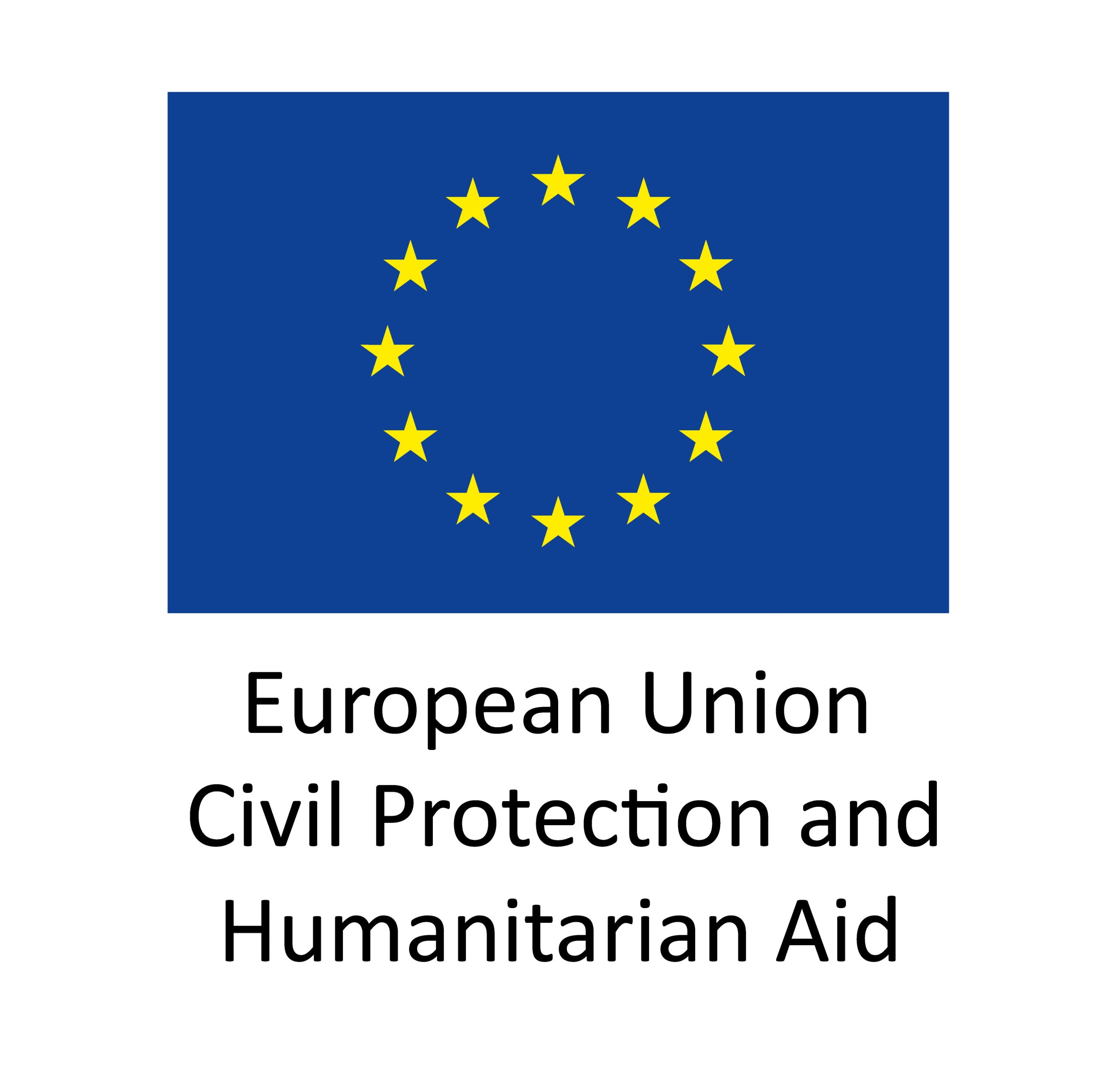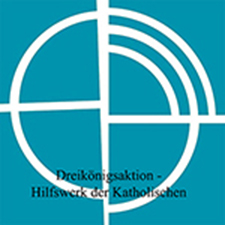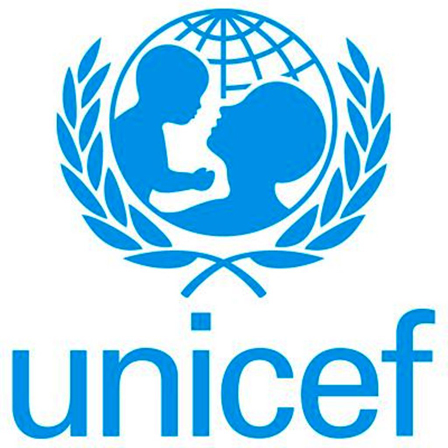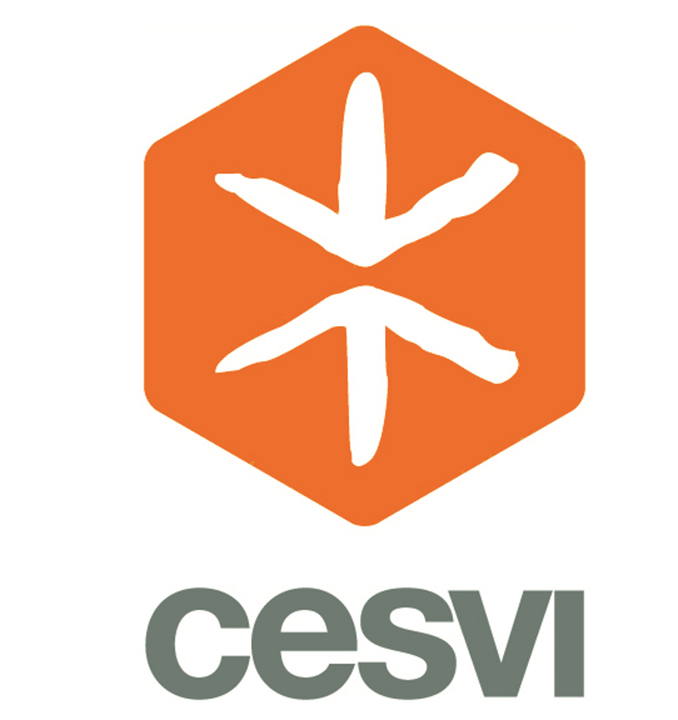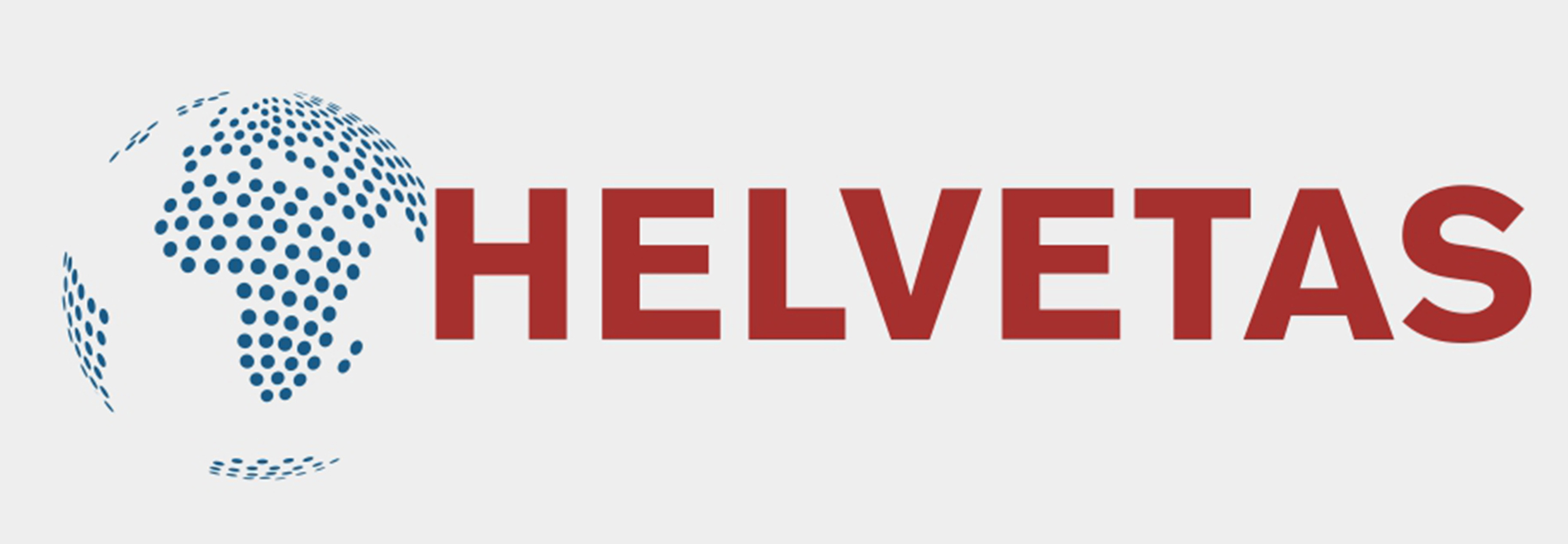
In rural and hard-to-reach areas, community members’ heavy reliance on traditional and informal health practitioners can lead to delayed attendance at health centres, and people not receiving the health care they need at the right time.
In Chin State, one of the poorest states in Myanmar, 72 per cent of people in Thantlang villages and 54 per cent in Hakha said they first turn to an informal practitioner in a health emergency.* One Collective Voices participant from Hnaring Village said that although villagers knew the quacks were unrecognized and not government trained, they are available when they are needed. “Even at midnight they come to our home,” she said.” They provide us with medical services and we can pay for it later when we have money.”
Ensuring these practitioners can identify when a patient needs to be referred on to further medical care can make a crucial difference in health outcomes, even the difference between life and death in some cases. A conference held by 3MDG Collective Voices partner Community Agency for Rural Development (CAD), focused on improving the knowledge of informal health care providers – when to refer, how to detect emergencies, and how to apply basic first aid. The conference, which was the first of its kind, brought together formal and informal healthcare providers for the first time in Hakha, Chin State on 31 March to 1 April 2016.
Organized in collaboration with the State Public Health Department, the conference was attended by the State Health Department’s Assistant Director, State Health Officer, Public Health Supervisor, and 27 traditional and informal practitioners from 19 villages of Hakha and Thantlang. To ensure participation and understanding, the conference was conducted in local Chin language.
Participants discussed the important role that informal health service providers can play in referring community members to appropriate health facilities for timely and effective treatment. In addition, the informal service providers themselves learned more about health problems, common diseases in the community and danger signs for emergency cases from conference facilitators from the State Health Department.
According to U Van Tin Hup, Public Health Supervisor:
“I appreciate Community Agency for Rural Development (CAD) for organizing this conference and 3MDG for providing funding support, because the public health service cannot offer strong coverage to remote villages, so people in the villages often use informal healthcare providers who have limited health knowledge. The Ministry of Health now has the chance to improve the knowledge of quacks on healthcare services, including the “do’s and don’ts.” I hope this conference will help them provide first aid and referral services.”
This conference is part of the 3MDG’s broader efforts to contribute to better health for all in Myanmar through a responsible, fair and inclusive health sector. 3MDG is partnering with 25 Civil Society Organizations (CSOs) to improve the understanding of the social factors limiting access to health care, as well as to support a meaningful participation of community members for better services and consumer satisfaction. This initiative is called “Collective Voices: Understanding Community Health Experience.”
Supporting local language needs in Chin State (Accountability, Equity and Inclusiveness to Health Services) in Myanmar
Language barriers can affect access to health information. Providing health materials and training in local languages means that more people can acquire important health education.
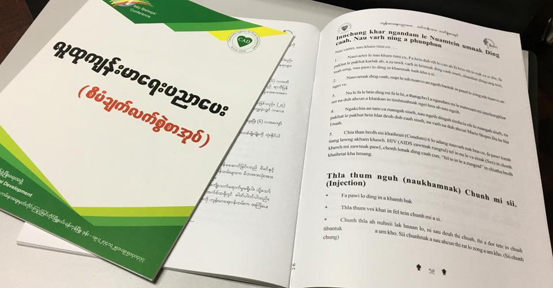
In Chin State, many people have limited access to health education, information and health related materials due to language barriers. Health awareness trainings are often given by health service providers who are not from the area, and who are not able to communicate well in local languages. Information, education and communication materials should be published both in local languages and in Myanmar language so that they can be better understood by the majority of people in local communities.
As one activity of the Collective Voices project, the Community Agency for Rural Development (CAD) with two partner community based organizations; Love in Action and Sumthawng Development Organization, conducted health awareness trainings to women in their local dialects. The training aimed to support women to make personal and health decisions and to increase health seeking behavior in the community.
In February 2018, CAD also compiled key health messages from the training handouts and published community health education handbooks for its women health promoters. The handbooks were distributed to 225 women health promoters from the targeted project areas in 45 villages in Hakha and Thantlang Townships.
One of the women health promoters, Ma Hlawn Zing from Tiphul Village, Hakha Township, said: ”I used to have difficulties in following and understanding the trainings. I had to read the handout again at home before sharing the health message with others. Now CAD has published a community health education handbook in both Chin (Hakha dialect) and Burmese languages. This is very useful for us and I would like to thank CAD and 3MDG for meeting our needs”.

